Earning even one berth on Hope’s all-time single-season football leaderboards isn’t easy, much less three spots, but Duy Dang ’91 did it, and he’s the only one who crawled through barbed wire in a jailbreak to get there.
(And that isn’t the half of it.)
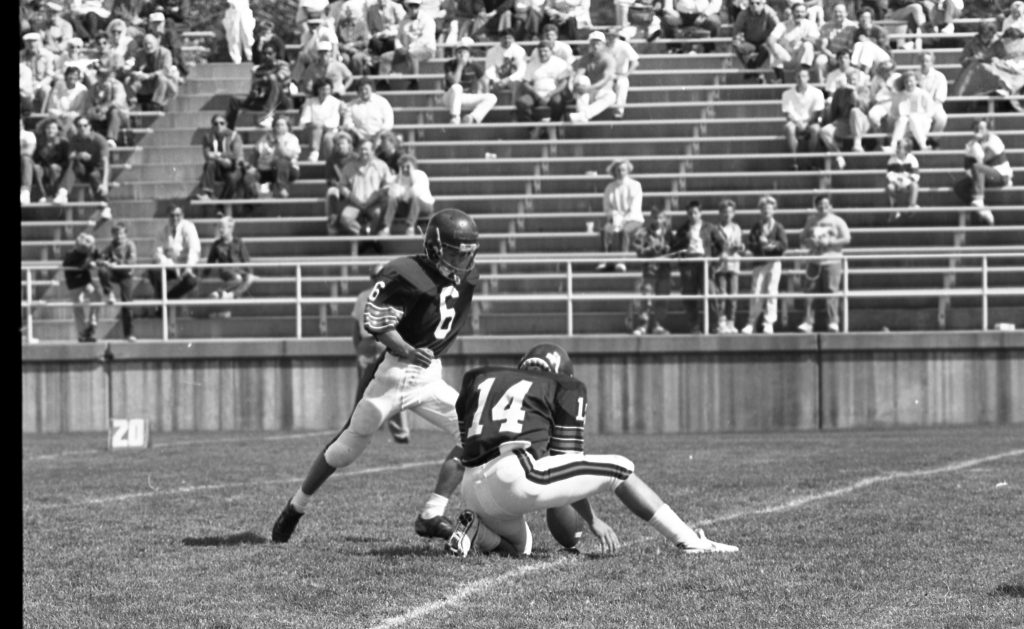
Back in 1987, Dang was a five-foot-eight, 130-pound freshman who kicked for two Hope accolades that are still notable: most points by a kicker, with 28 points after touchdown (PATs) and 10 field goals for a total of 58 points (eighth in the rankings), and most field goals kicked, completing 10 of 13 (tied for third). He claimed a third top-10 spot in 1989 with eight of 14 field goals (tied for sixth).
Dang, who graduated with a degree in business, came to Hope from Tecumseh, Michigan, where he kicked in high school. But his story really begins not with coming to Hope and Holland, or even with coming to Tecumseh, but with coming to America as a 12-year-old refugee from Halan, Vietnam. Halan was a farming village that, in the late 1970s, was still reeling from the American involvement in, and withdrawal from, the Vietnam War.
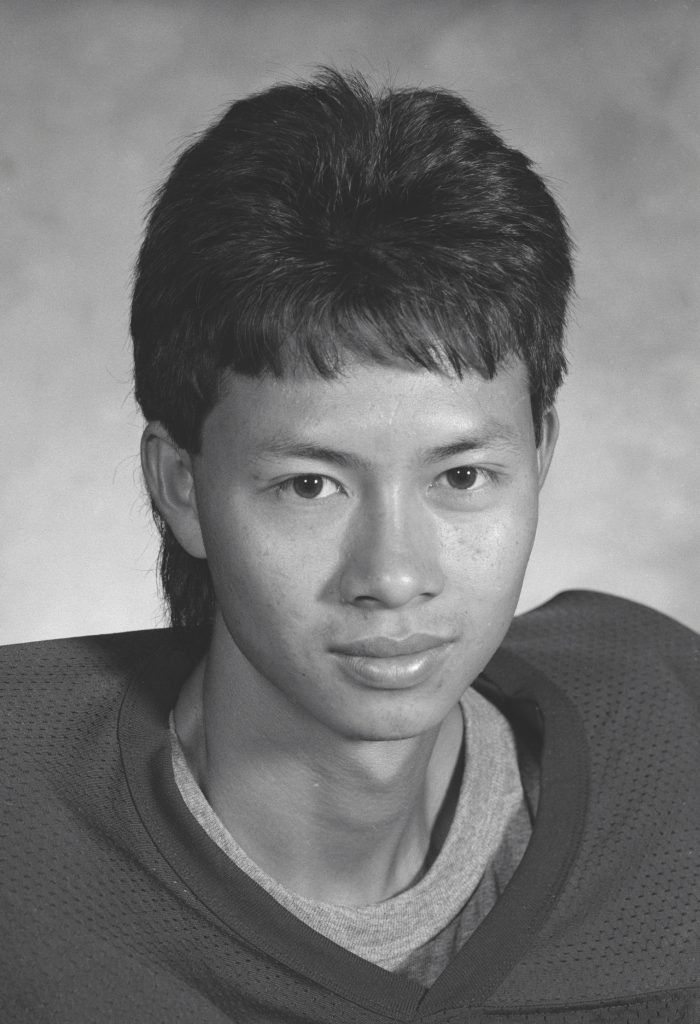
Dang’s story was covered by the Grand Rapids Press and later reprinted in an October 1987 issue of News from Hope College. The article describes his harrowing experience: the Viet Cong’s arrival in Halan, borrowed gold to buy his passage out, an escape to Saigon, two arrests, a jailbreak, an overpacked refugee boat adrift for a week in the South China Sea, and his eventual arrival at a military base in the Philippines. From there, he made his way to the United States.
After spending some time in a refugee camp in the U.S., Dang bounced around a bit before settling in with the Nix family in southeast Michigan. His foster father, Wayne Nix, was the football coach in Tecumseh, and he encouraged Dang to try out for the team, effectively setting him up for his athletic success at Hope — and much of the personal and professional success that followed.
Twenty-eight years after graduating from Hope, Duy Dang is now living in Vancouver, Washington, “just next door to Portland, Oregon,” he said. He currently works as a senior district sales manager for Eli Lilly and Company.
“After Hope College, I was fortunate enough to land a position as a pharmaceutical sales rep for Merck and Company, and I began my career in Michigan,” Dang said.
In 1995, Dang relocated from his Michigan territory to the company’s headquarters in Philadelphia, where he worked while earning his MBA at Villanova University. When he was promoted to management at Merck in 2000, he relocated to the Pacific Northwest, where he’s lived for nearly 20 years.
“The influence that Hope had on me is undoubtedly meaningful
and critical to my success,” Dang said. He cites the school’s academic program and the opportunity to develop various skills that have served him well, but he’s also quick to mention the diversity of experiences he had (Dang remembers his off-campus study experience in Vienna as especially meaningful) and, of course, his time on the football field.
“My experience at Hope went a long way in helping me be a type of coach for my team and the leader that I am for the company. I took a lot from that experience.” — Duy Dang ’91
“As you work in any organization, you’re never by yourself,” Dang said. “You work as part of a team, and you win and lose as a team. My experience at Hope went a long way in helping me be a type of coach for my team and the leader that I am for the company. I took a lot from that experience.”
Not unlike a football coach who oversees 11 players on the field, Dang manages a team of 11 regional sales reps. And the sport similarities don’t end with the numbers.
“I reflect a lot on Coach Ray Smith and how he coached us, and sometimes I find myself using some of the lines that he used. In looking back, I particularly appreciate the way he cared for the players and the integrity he displayed,” said Dang, who was an All-MIAA selection in 1987. “I have the utmost respect for Coach Smith, and I think of him as a great leader.”
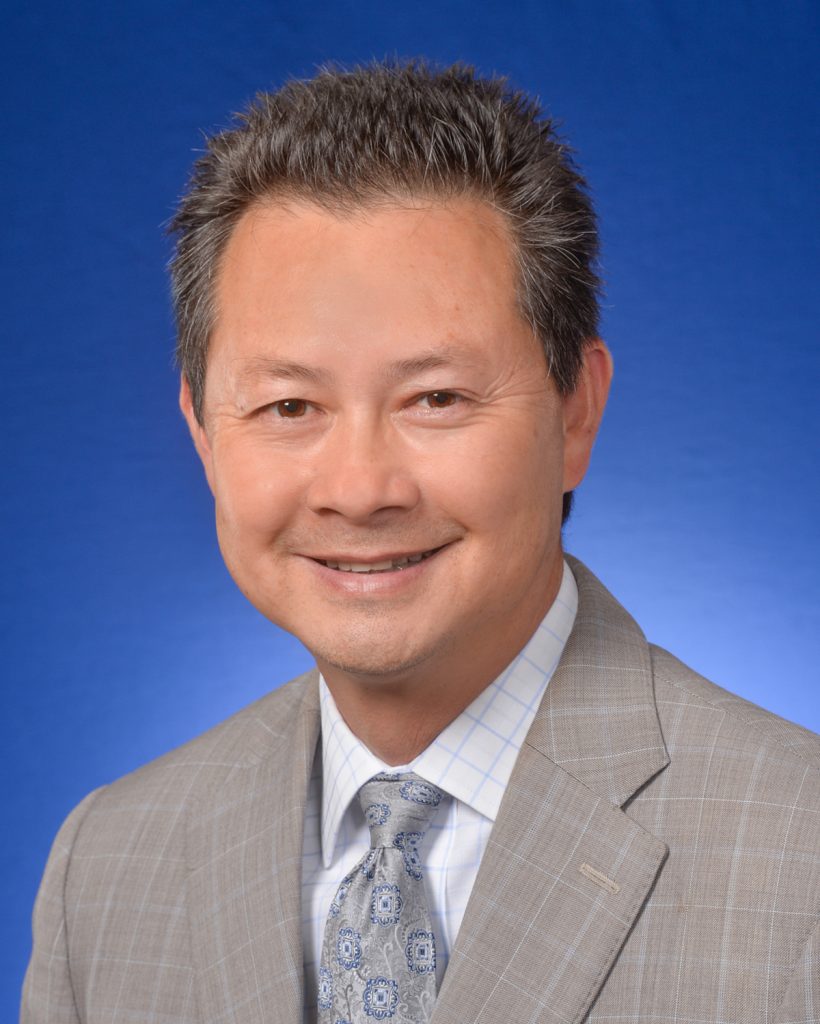
In the decades since leaving Hope, Dang has been able to return to Vietnam several times.
“My first trip back to Vietnam was in 1995, about 15 years after I left,” Dang said. “I went back to visit my parents and my family. Since then, I’ve made many other trips back home, and I’ve been able to bring my parents to the U.S.” His parents have been in America for about 15 years; they live in nearby Portland. He’s also been able to bring six of his siblings (four brothers and two sisters) to live in the U.S.
Dang has a family: wife Linh and two children, Ethan (13) and Olivia (almost 5). He met Linh in Vietnam; she lived in a village near Halan, where he grew up. They worship at a Catholic church in Portland.
“Reflecting back on the overall experience at Hope College, it’s pretty crazy to think that a school like Hope — with its unique social roots and the Dutch Reformed affiliation — ended up being the alma mater for a person like me. What are the chances?” Dang said.
“As a young person from Vietnam with an aspiration to learn, being offered the opportunity and being embraced by Hope was tremendous. It says a lot about the institution that Hope is and, more importantly, about its people.”


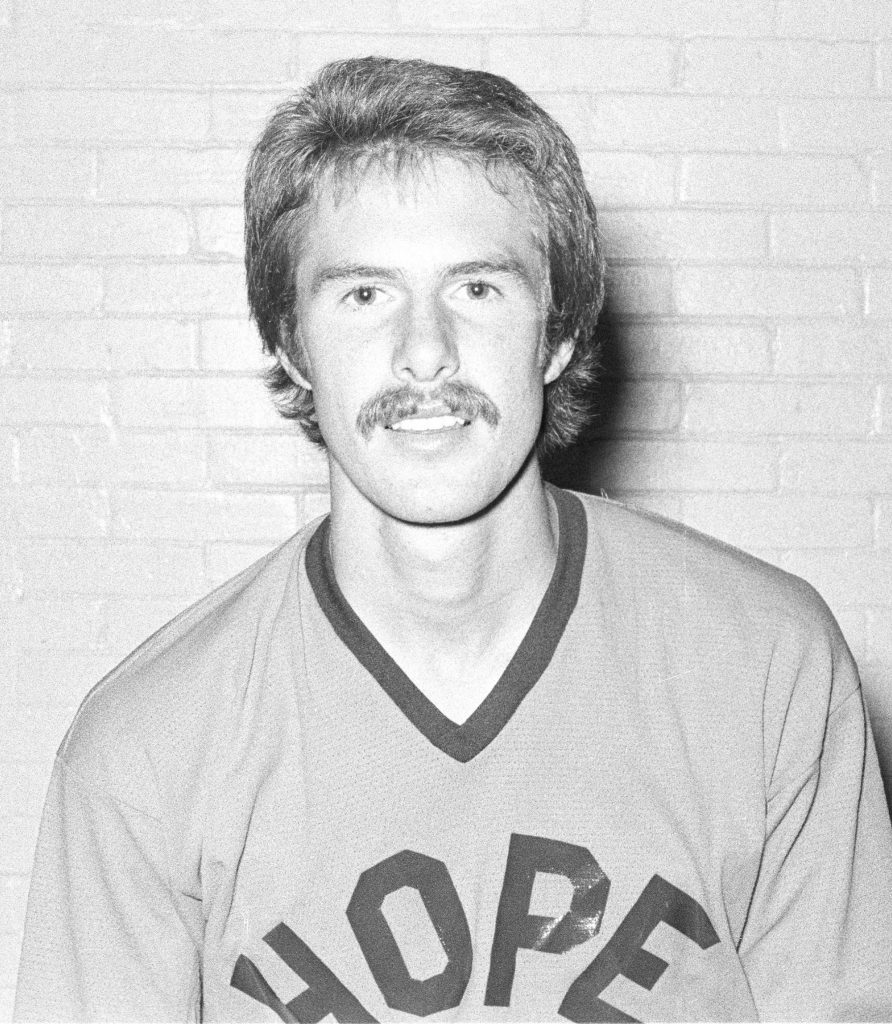
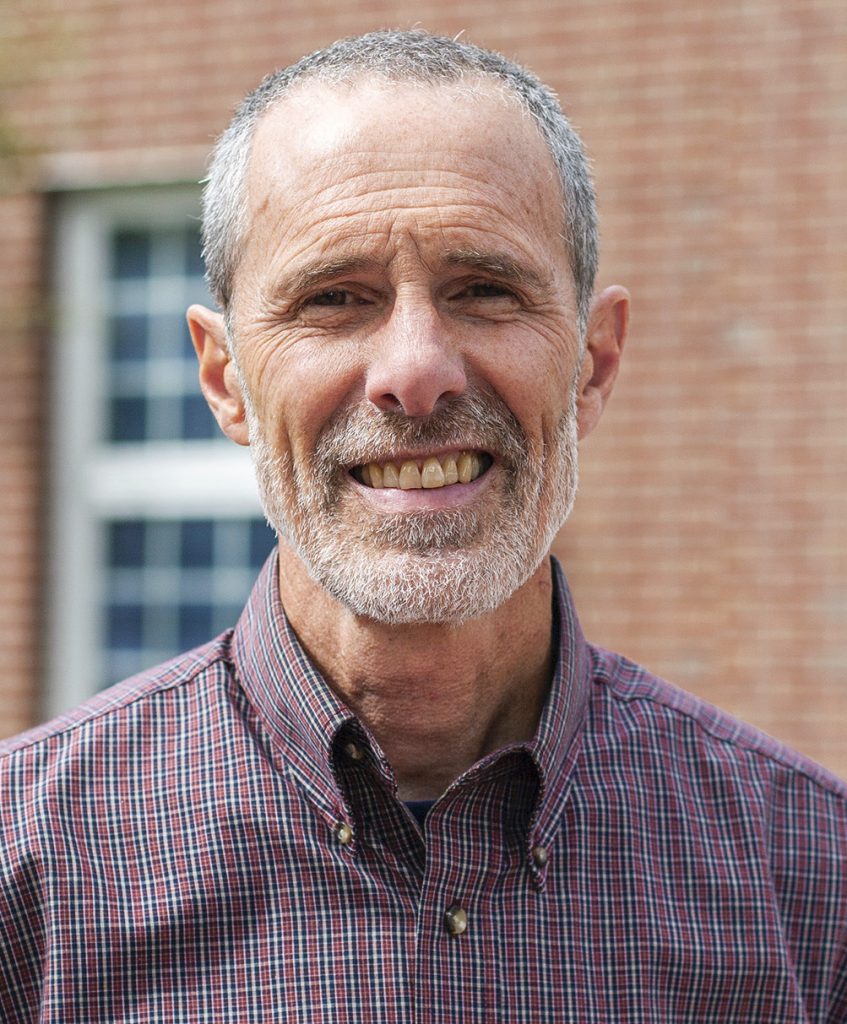
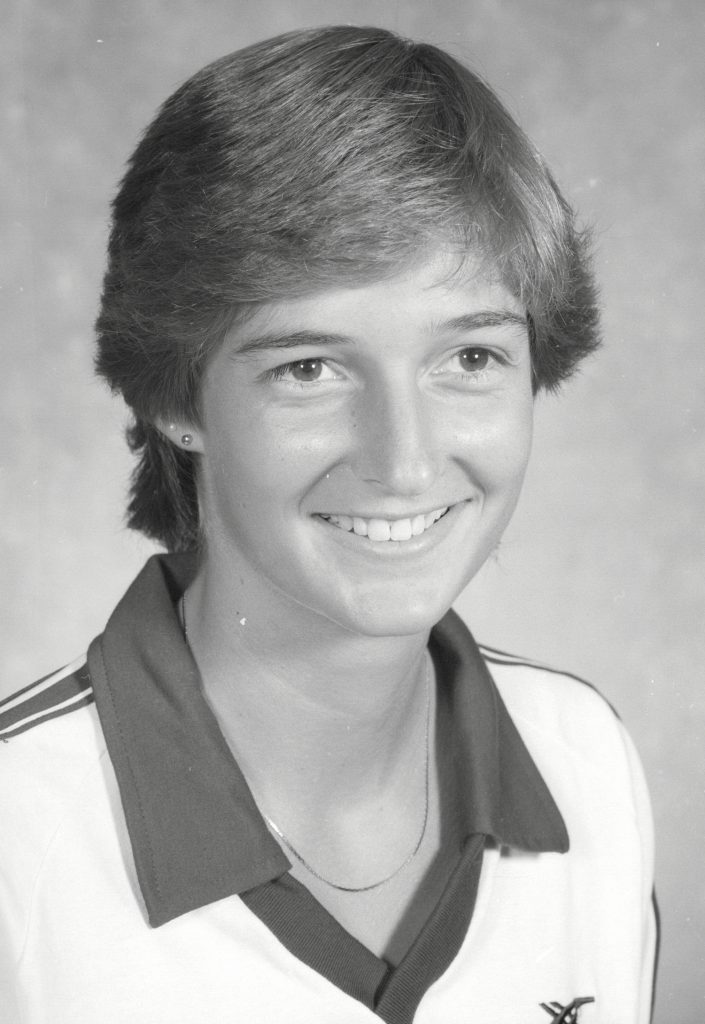
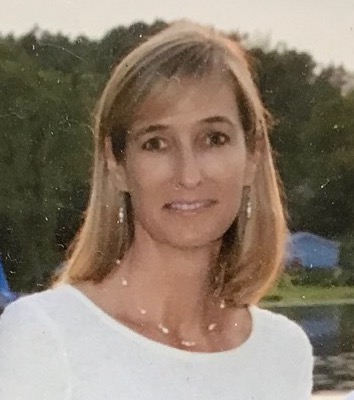
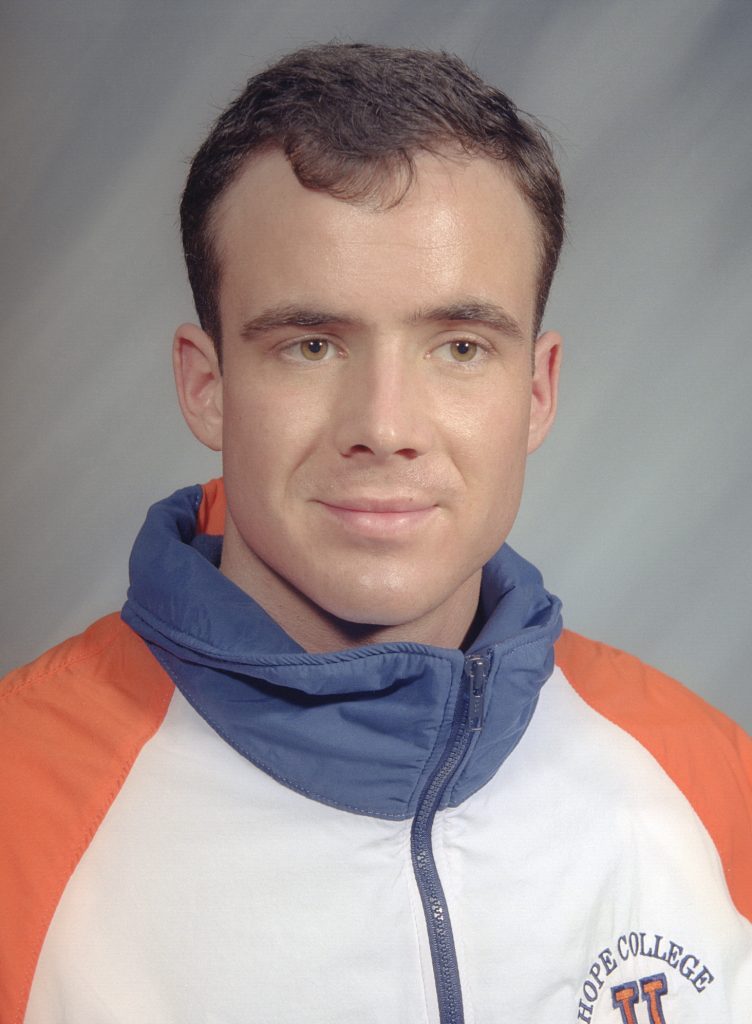
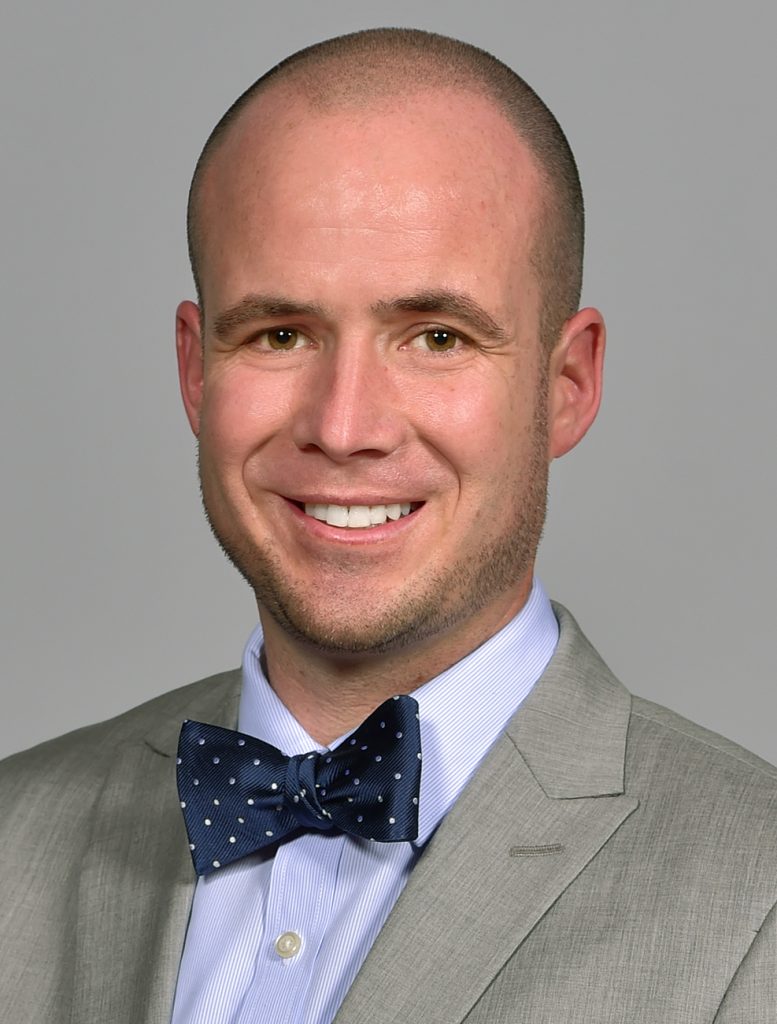
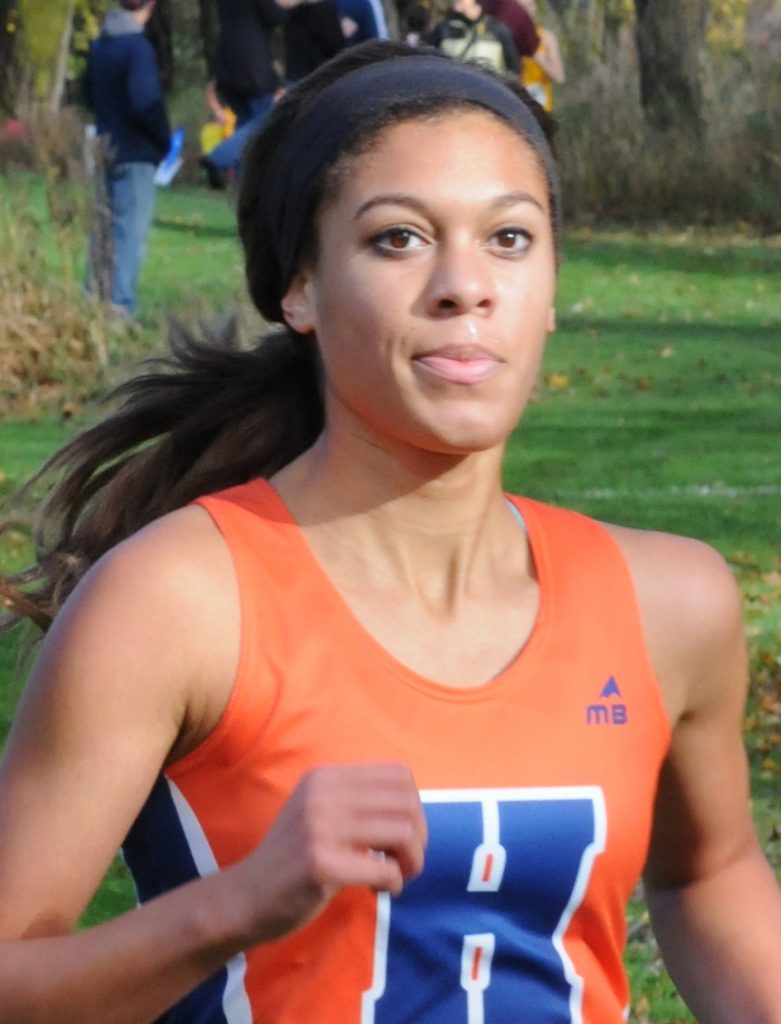
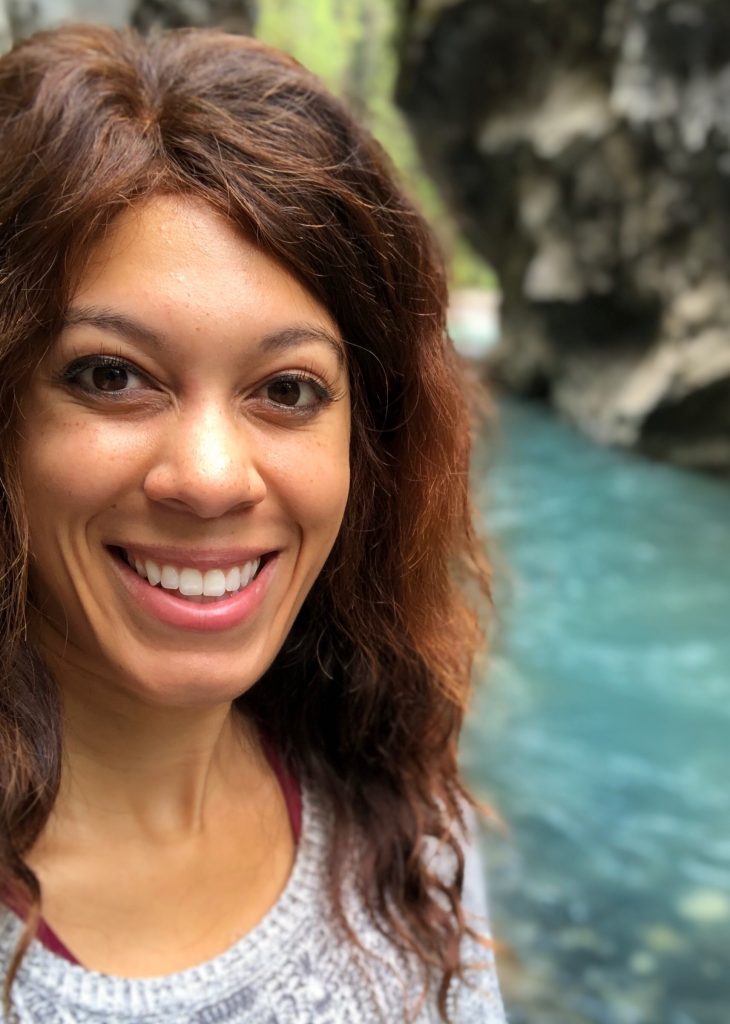
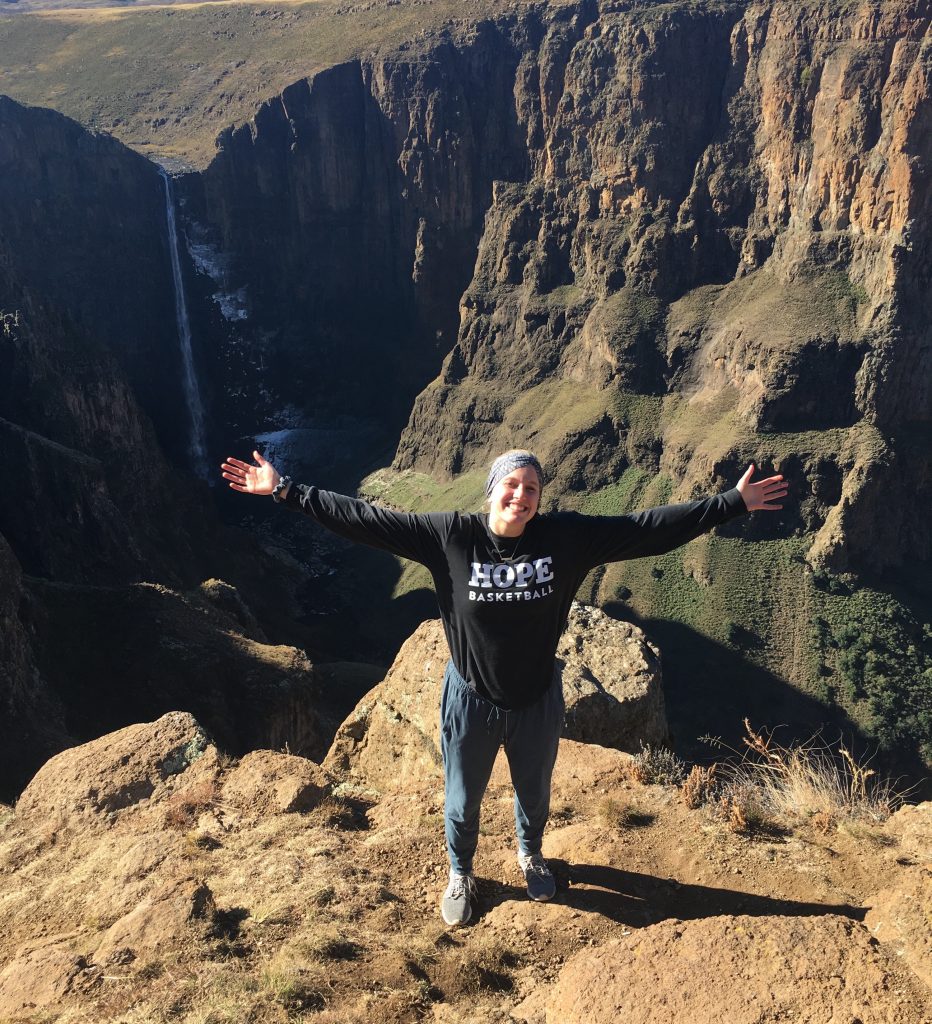
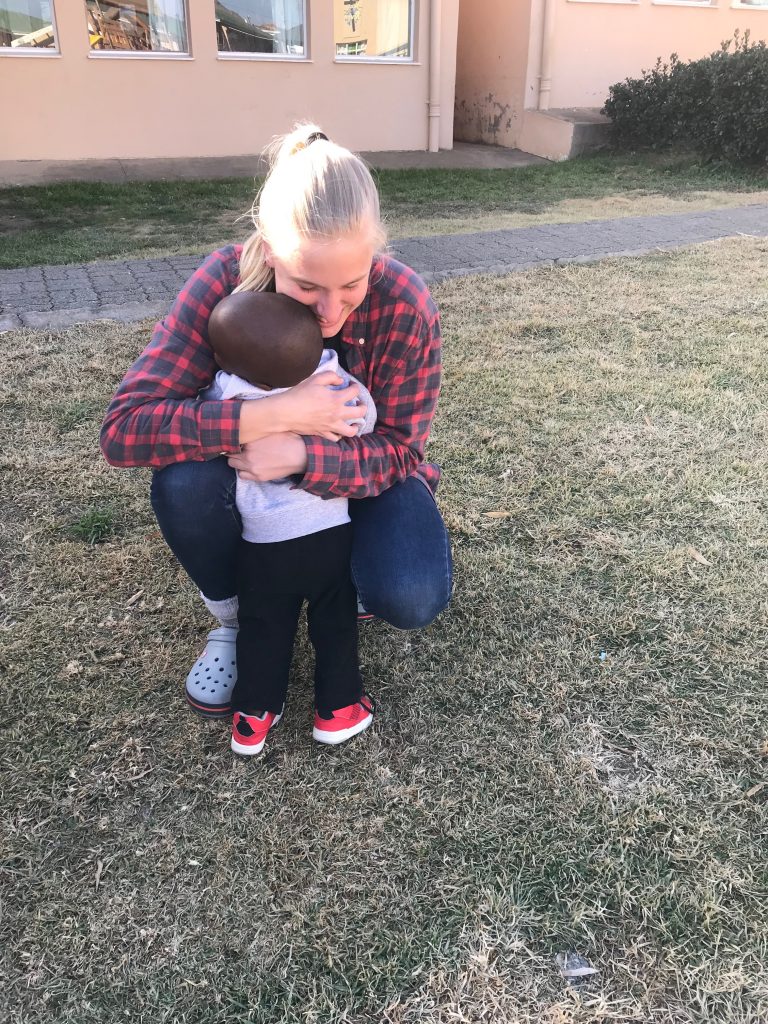
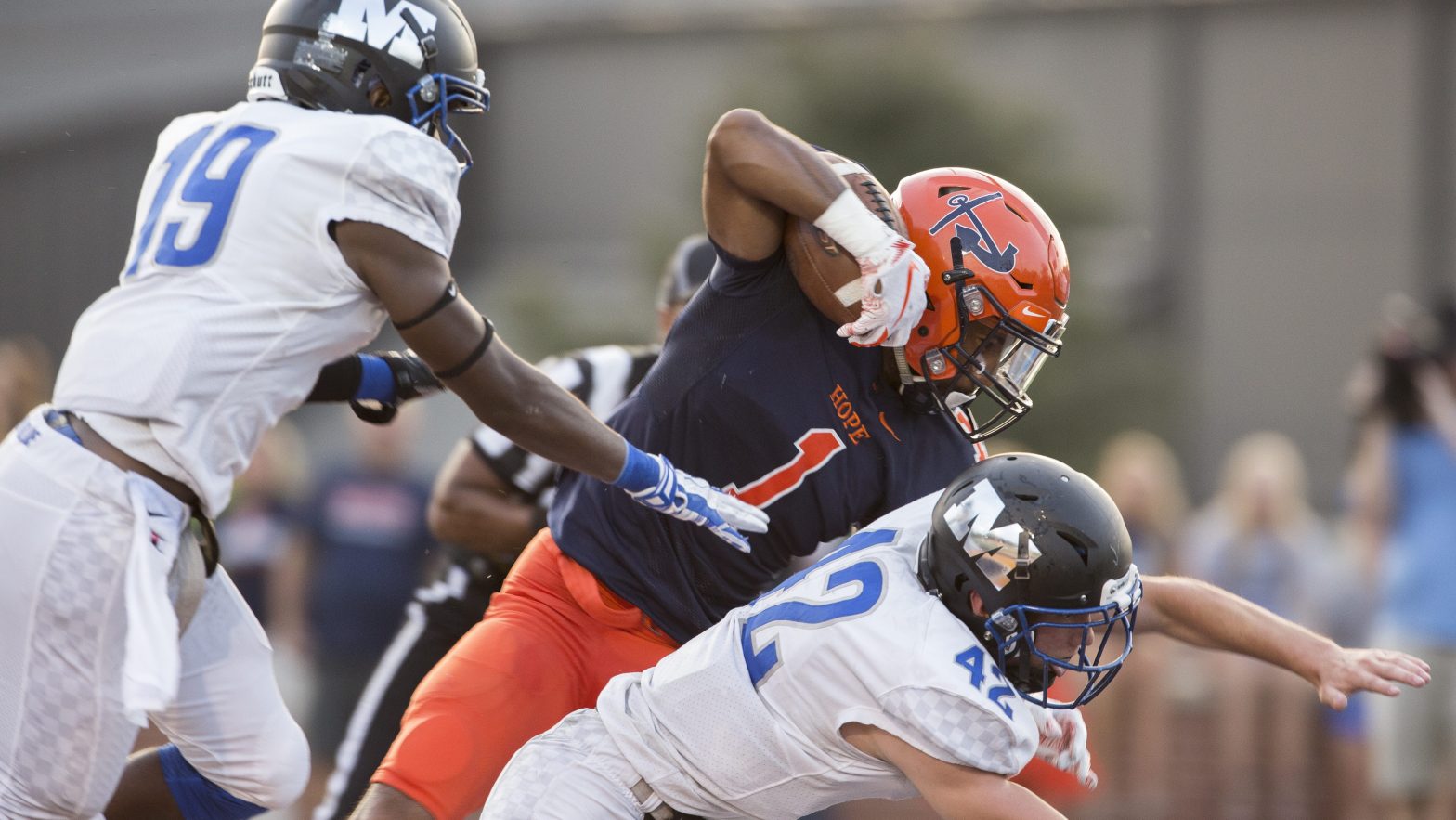
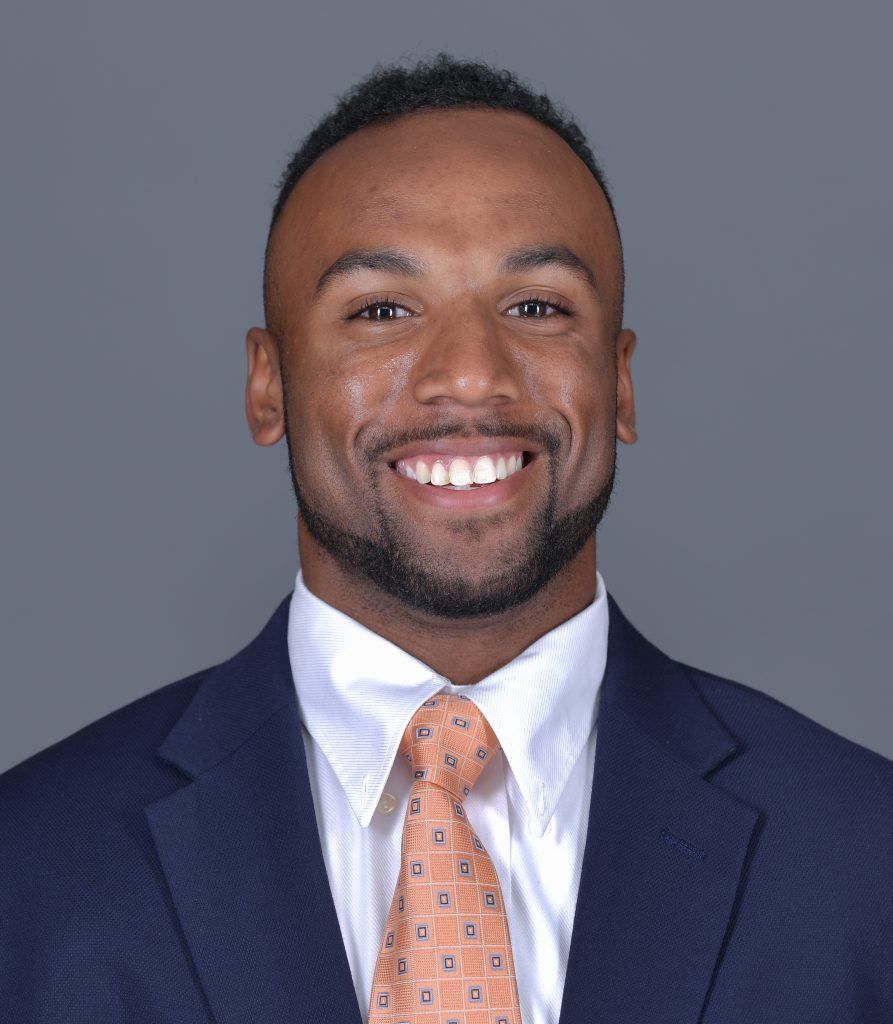

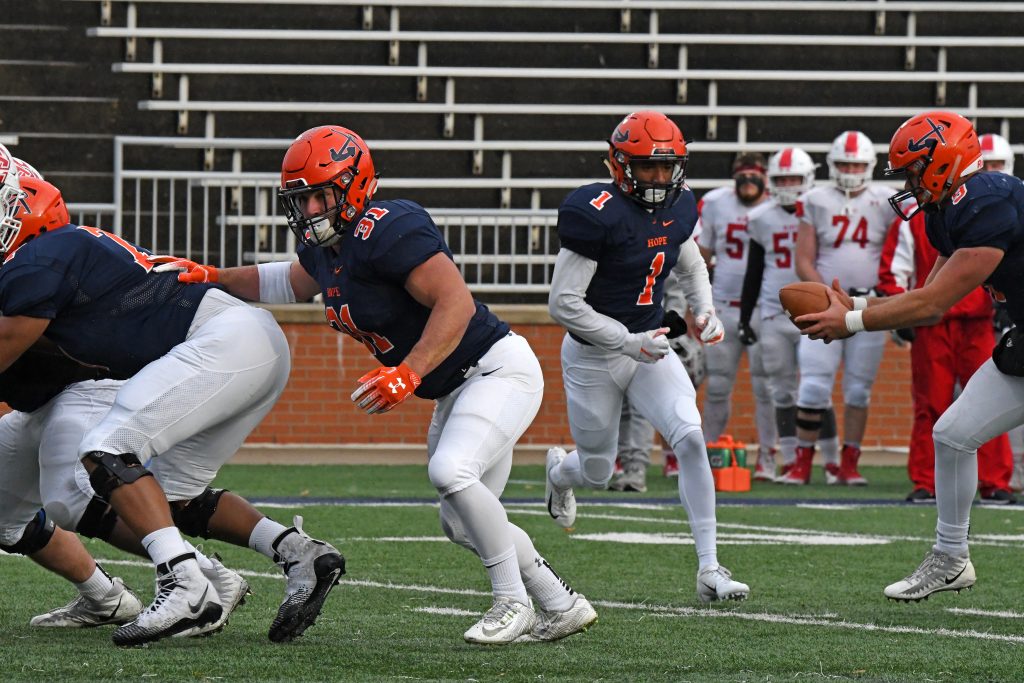
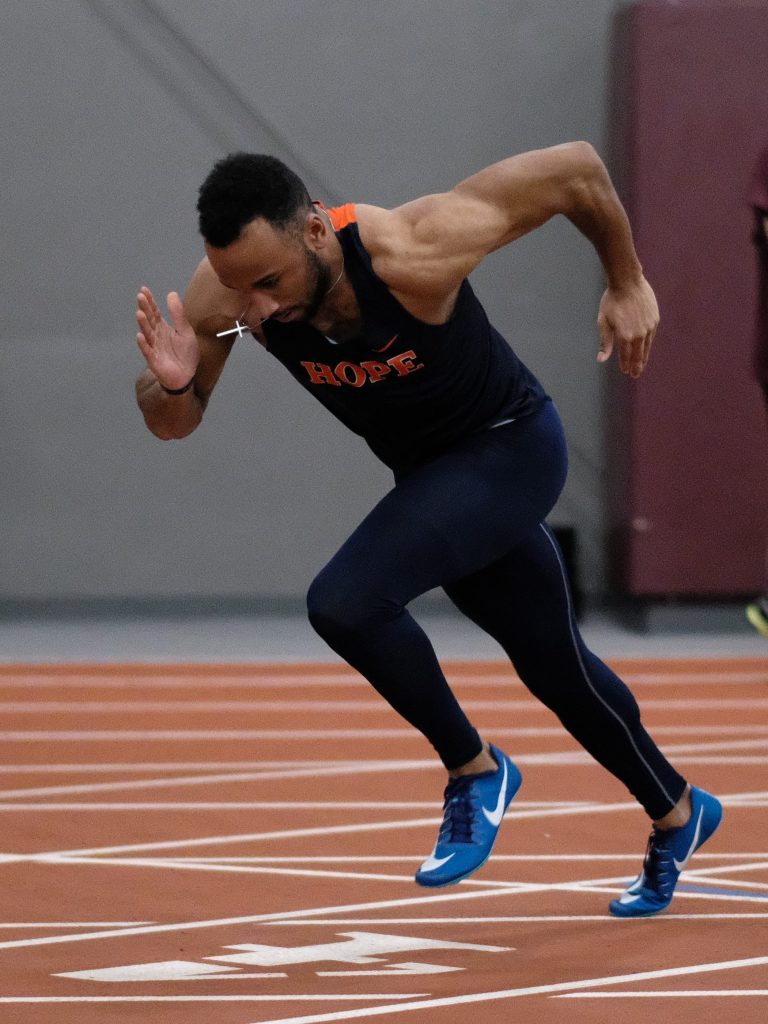
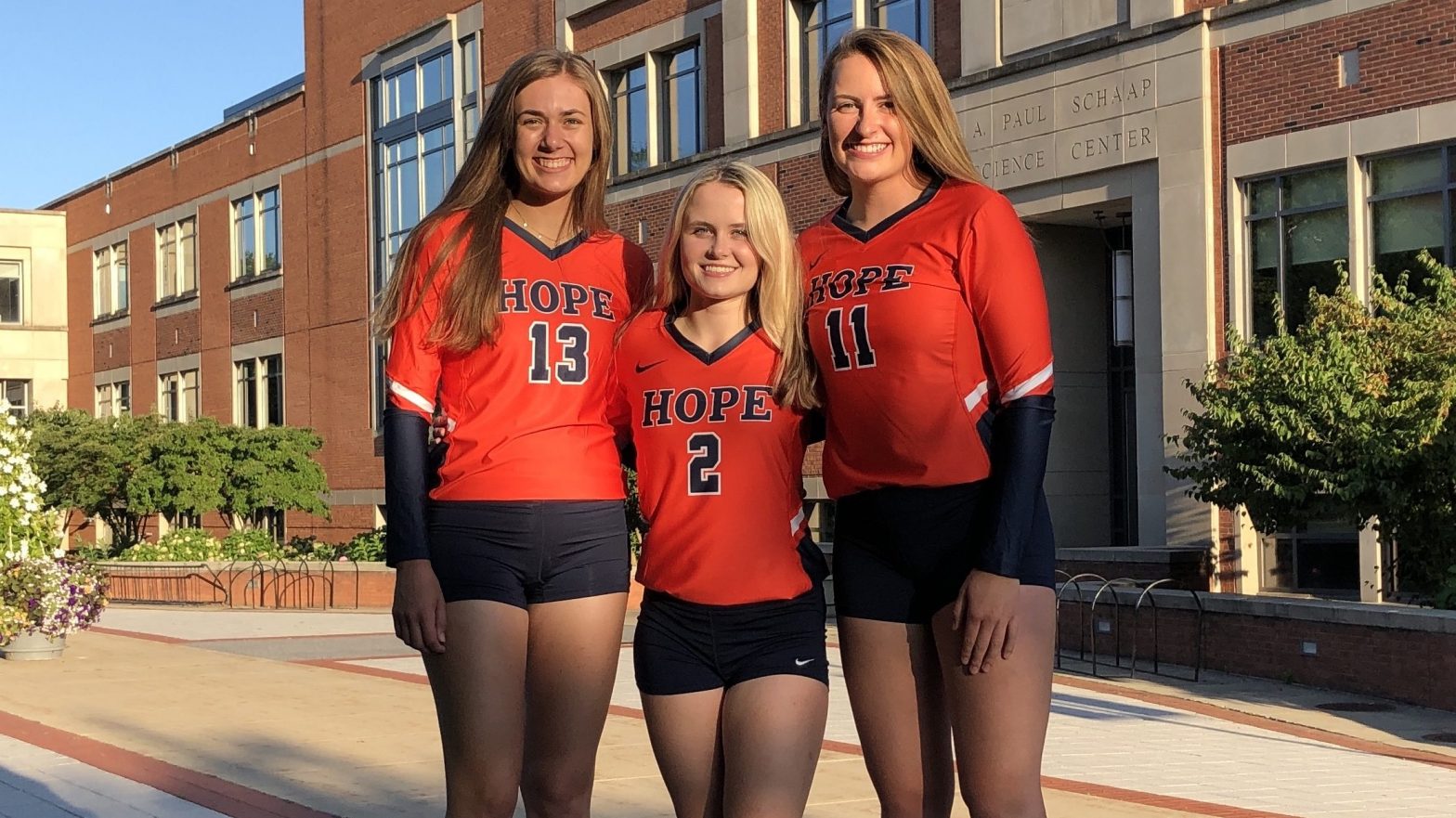
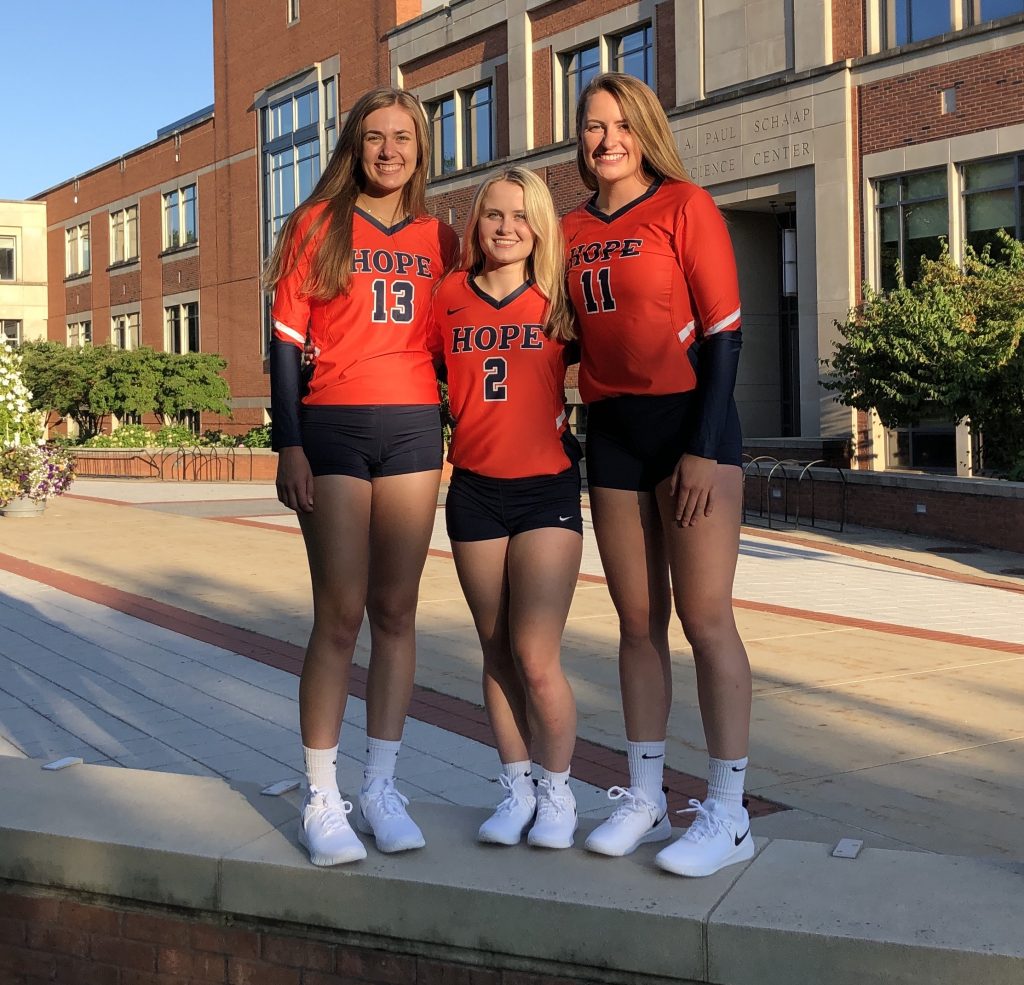
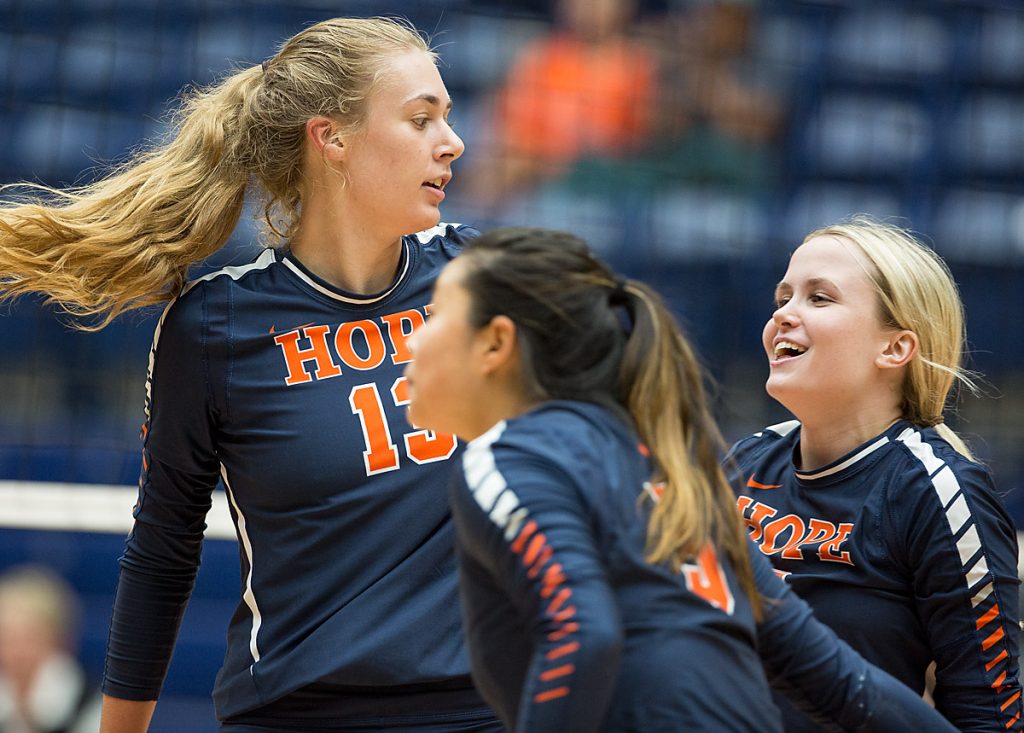
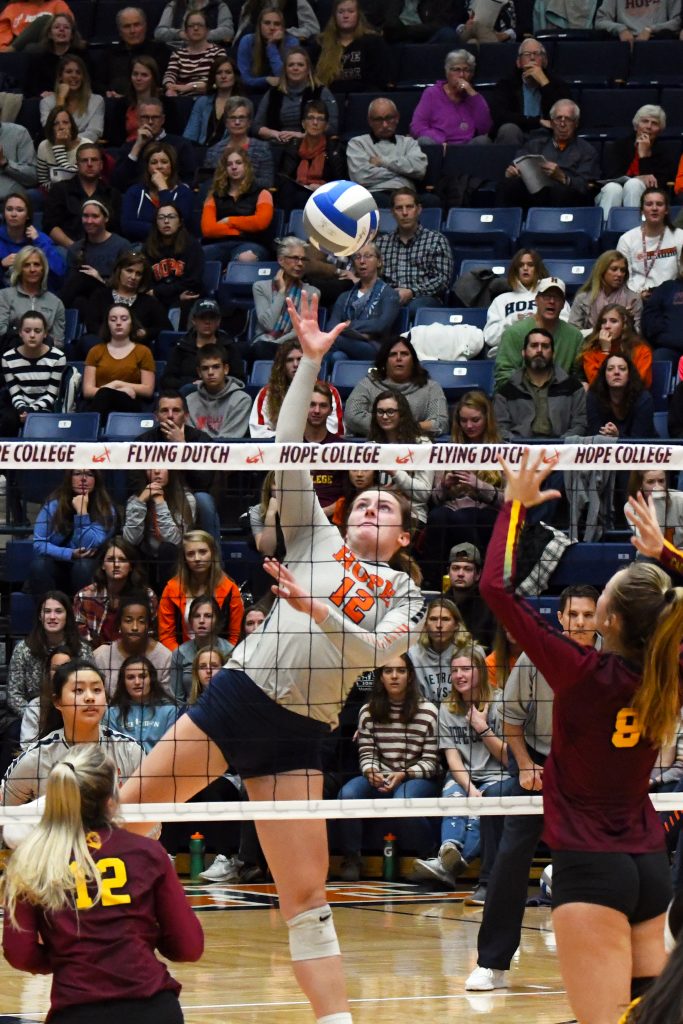
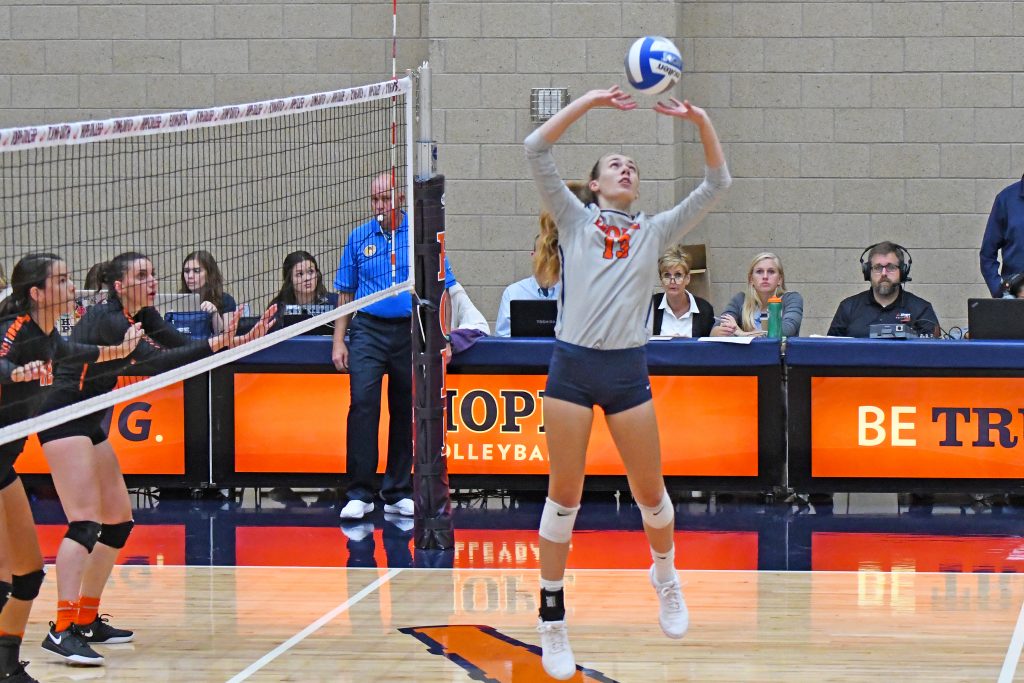
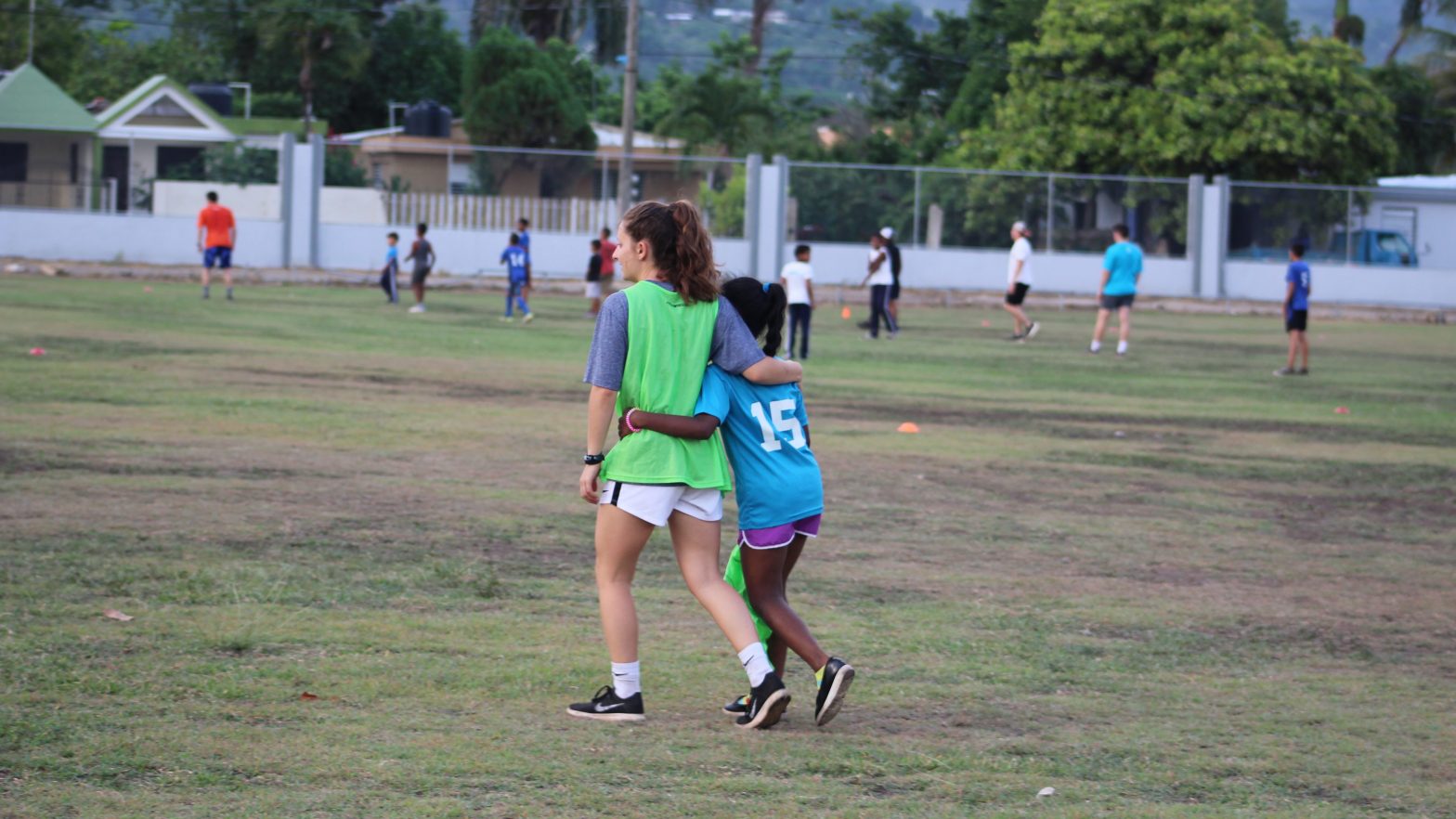
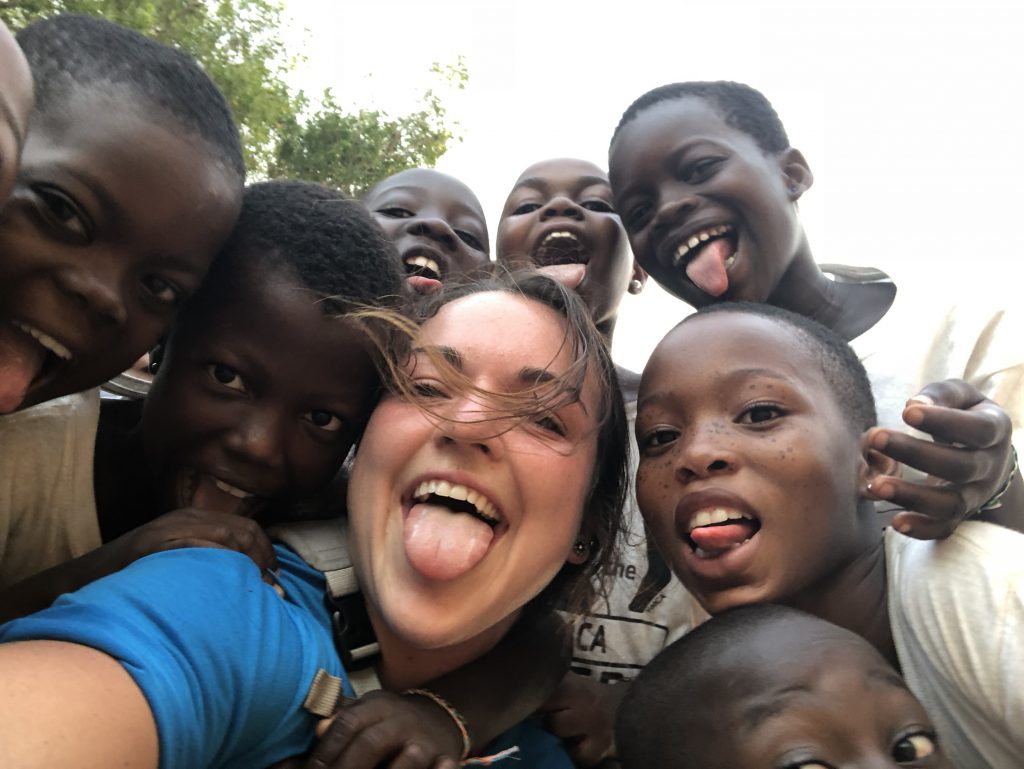
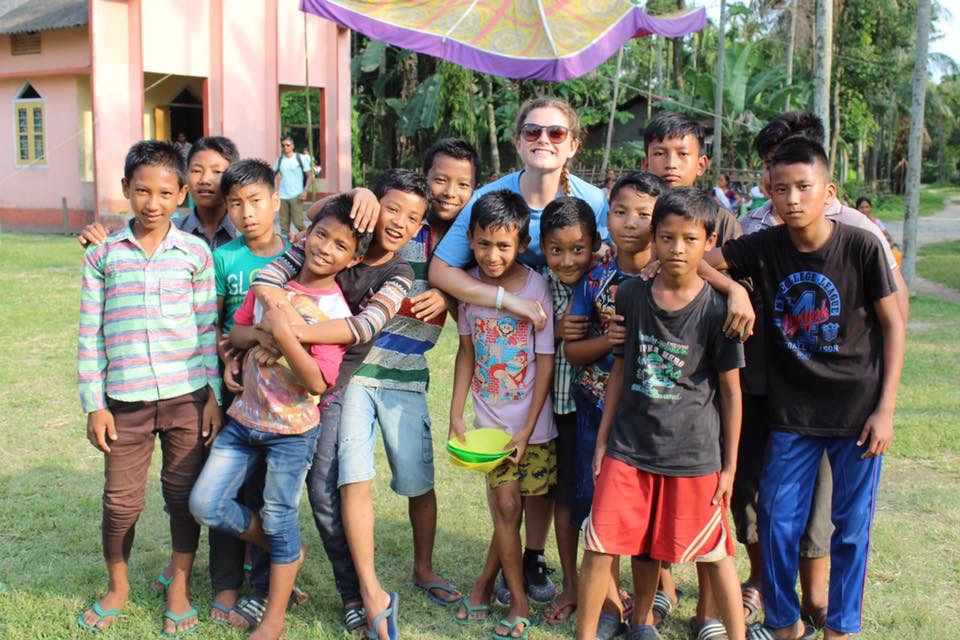
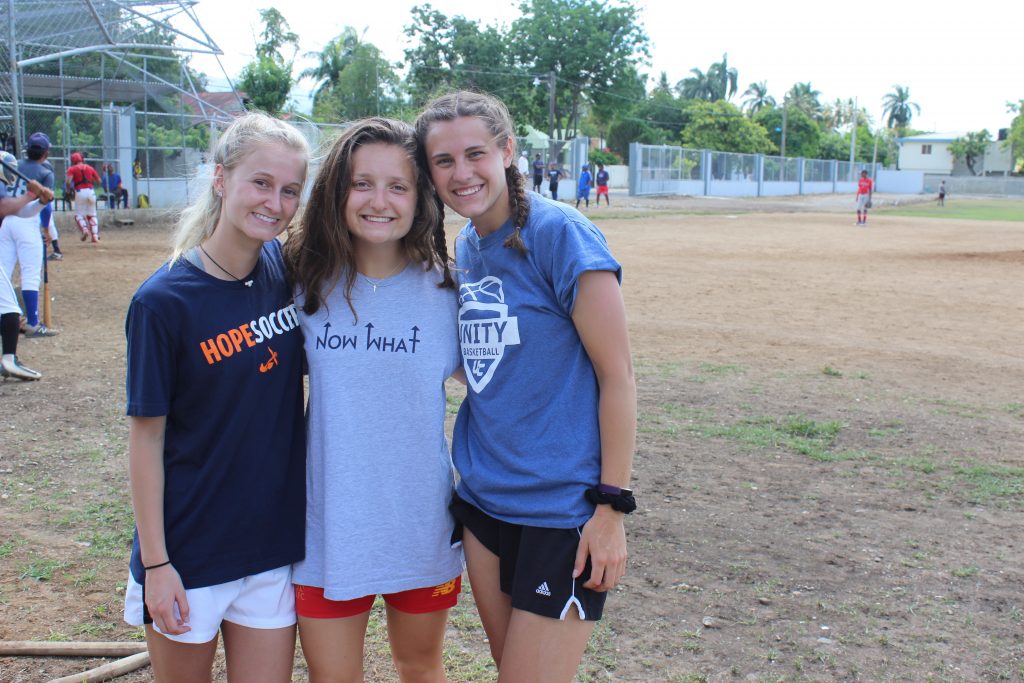
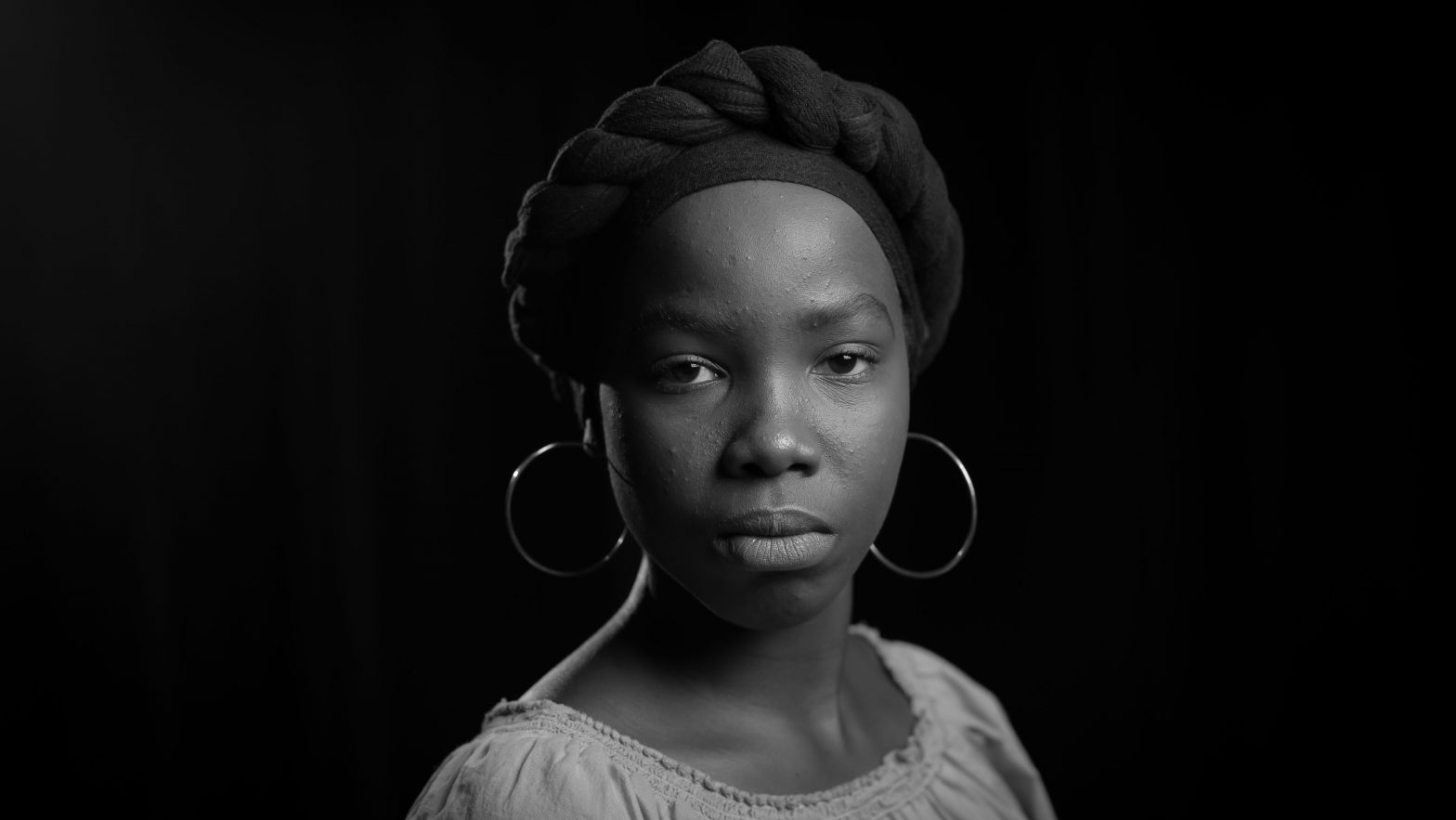
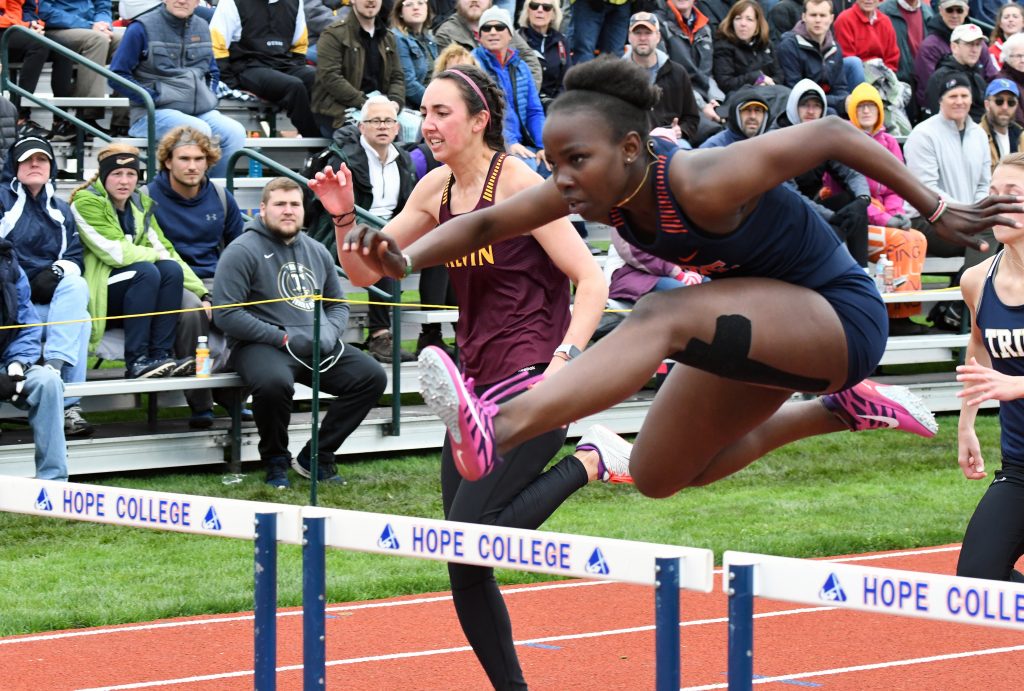
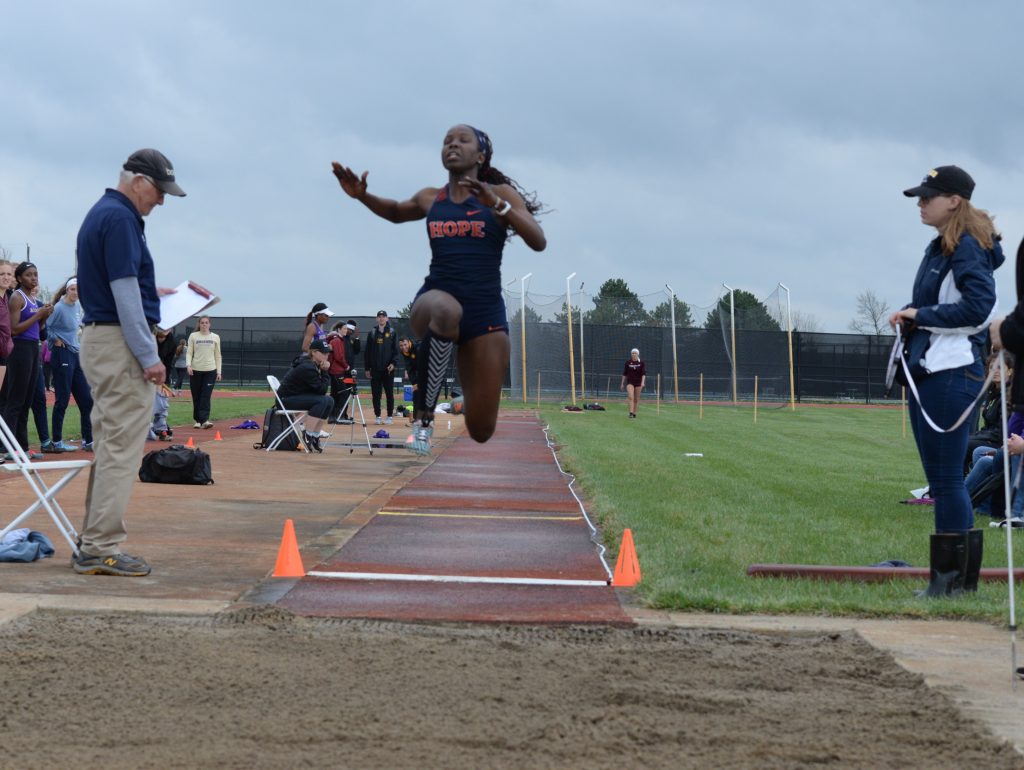
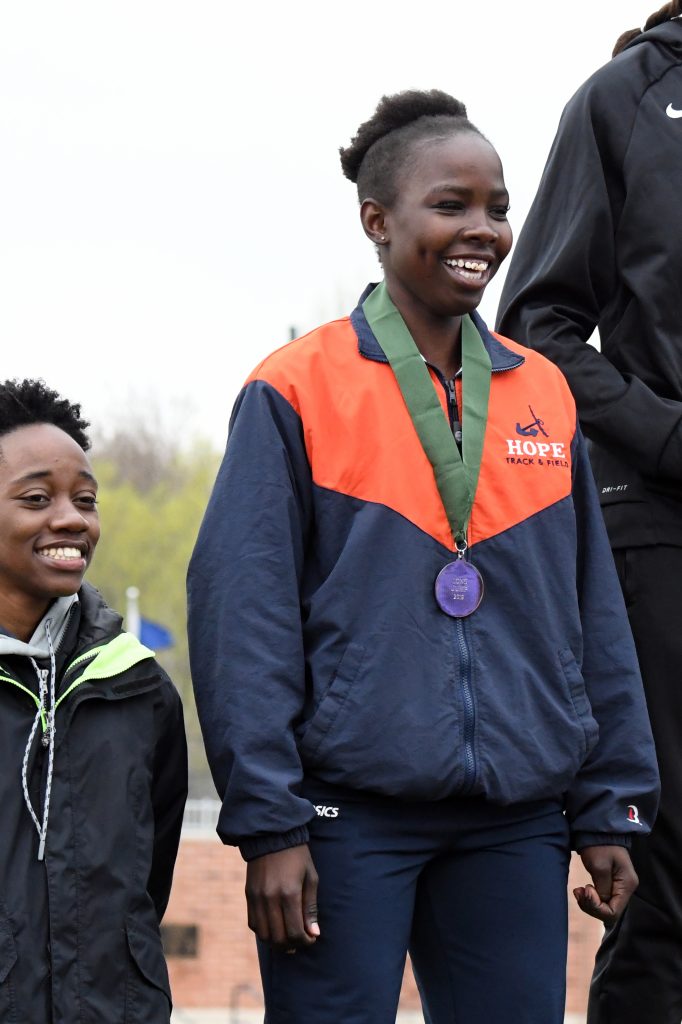
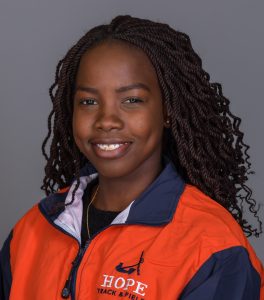
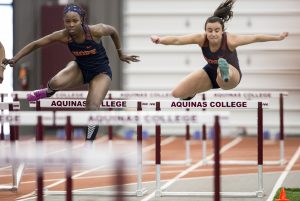
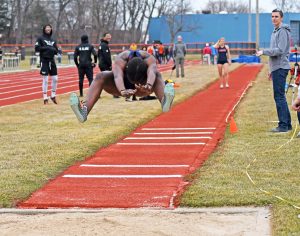
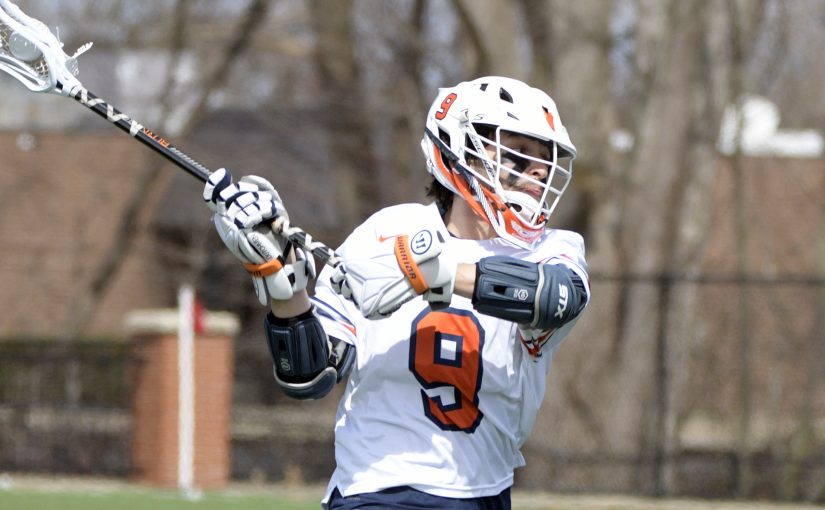
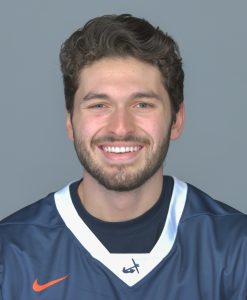
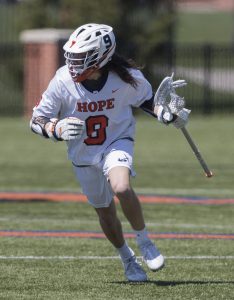
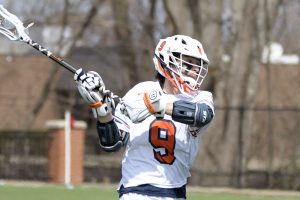
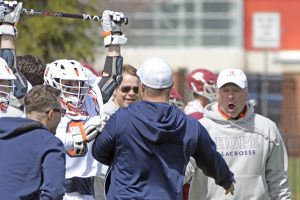
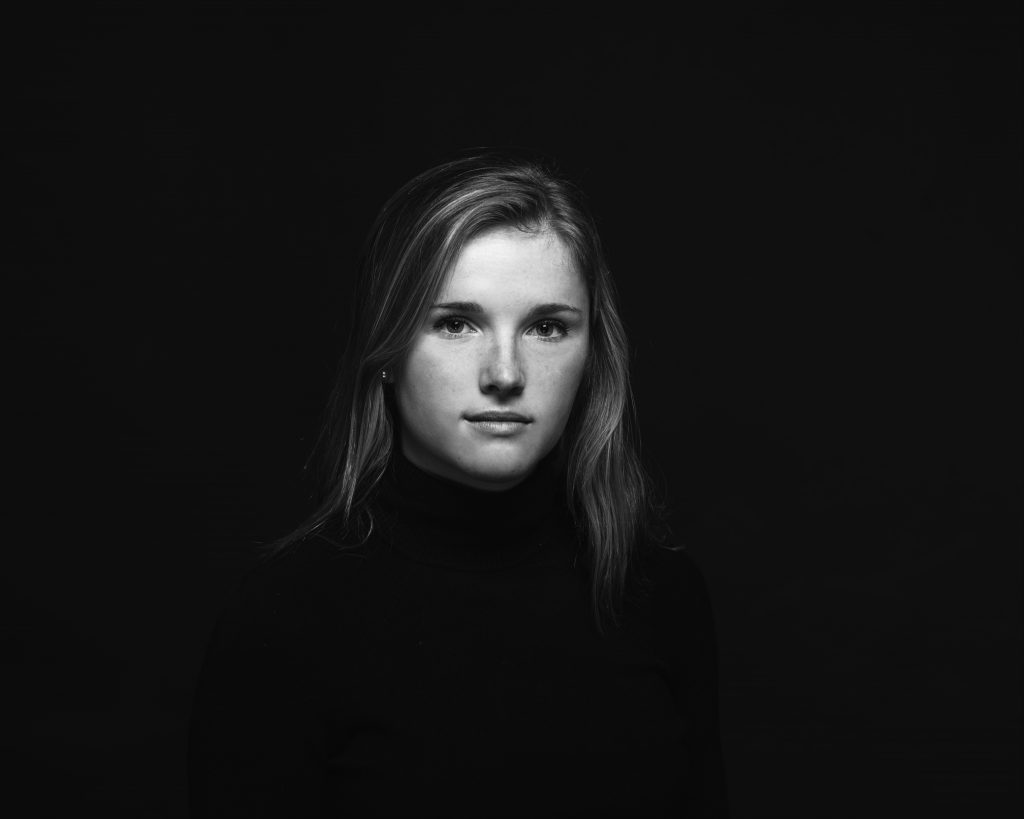
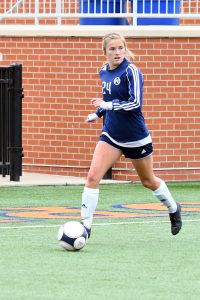 It was August during our first preseason scrimmage at home and I felt great physically. I felt confident with my play too and that was rare for me. All went well until I woke up two days later and could barely walk due to a sharp pain in my knee. I was not super worried, though; soccer is all about getting banged up on a regular basis, so I thought the pain would go away. But treatment after treatment, it didn’t subside. Eventually I got an MRI that showed I had a contusion on the outside of my knee that caused pain whenever I took a step.
It was August during our first preseason scrimmage at home and I felt great physically. I felt confident with my play too and that was rare for me. All went well until I woke up two days later and could barely walk due to a sharp pain in my knee. I was not super worried, though; soccer is all about getting banged up on a regular basis, so I thought the pain would go away. But treatment after treatment, it didn’t subside. Eventually I got an MRI that showed I had a contusion on the outside of my knee that caused pain whenever I took a step.